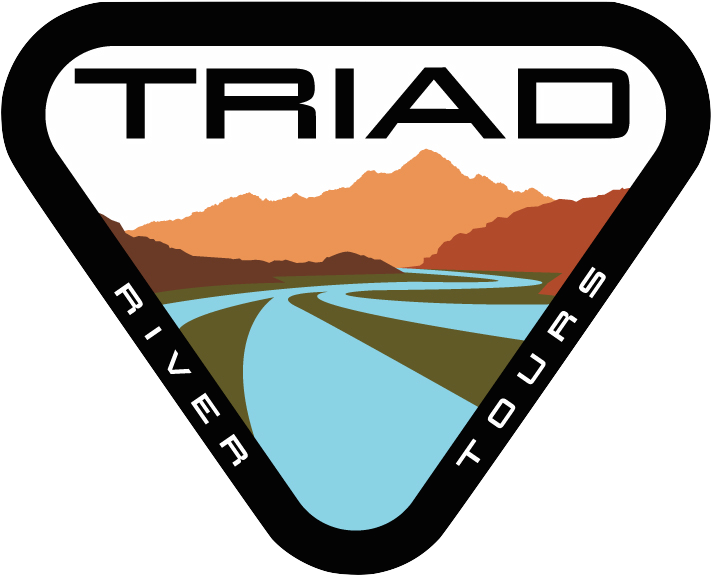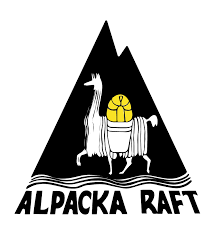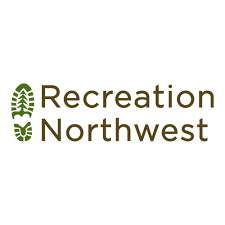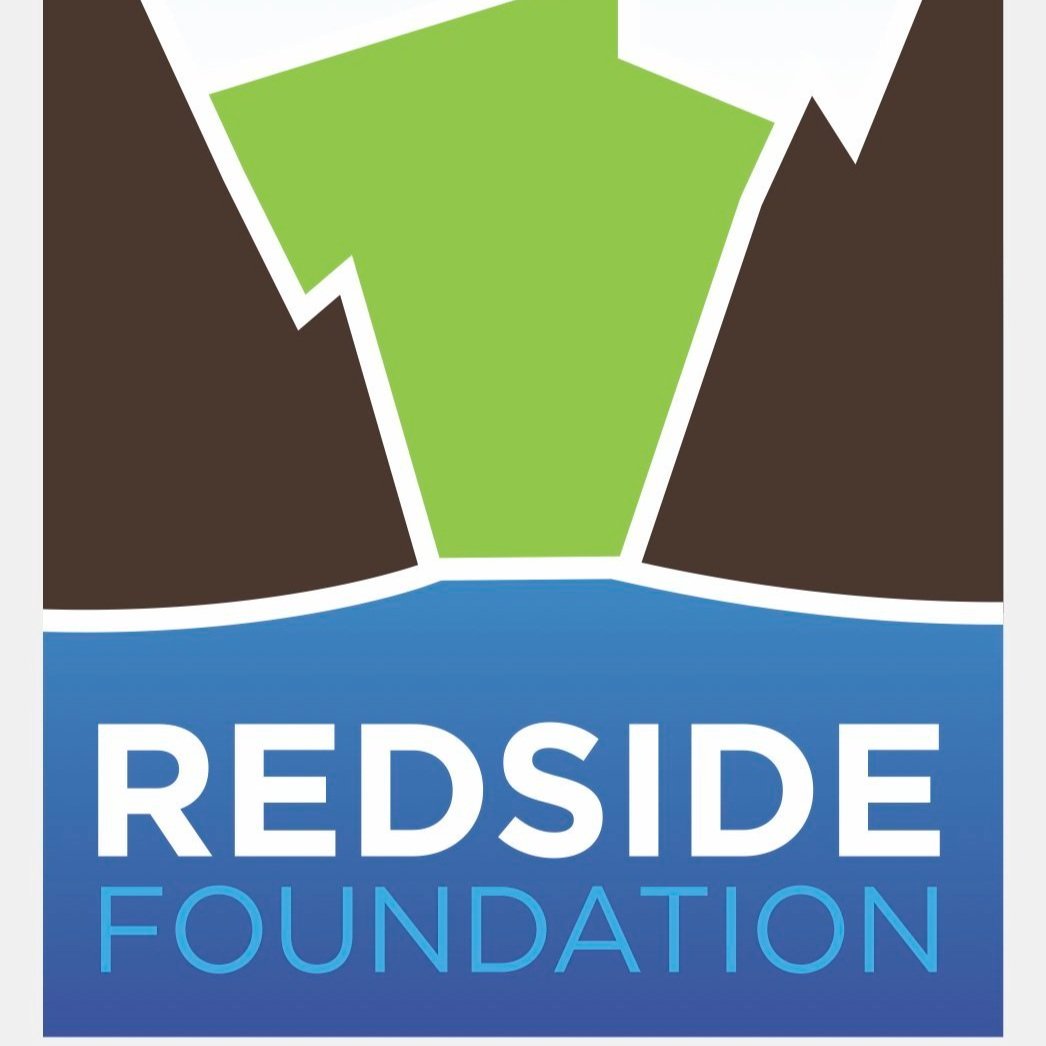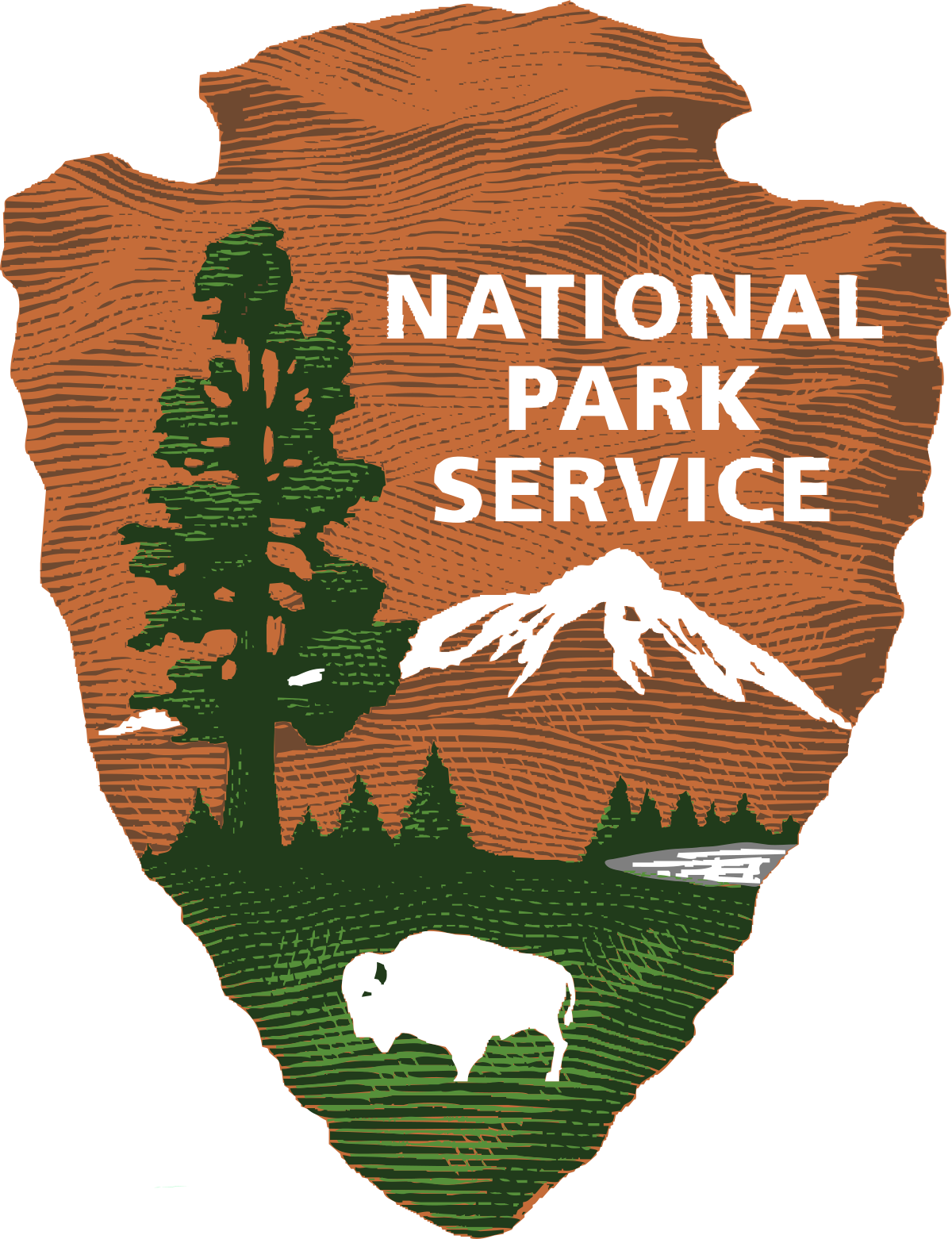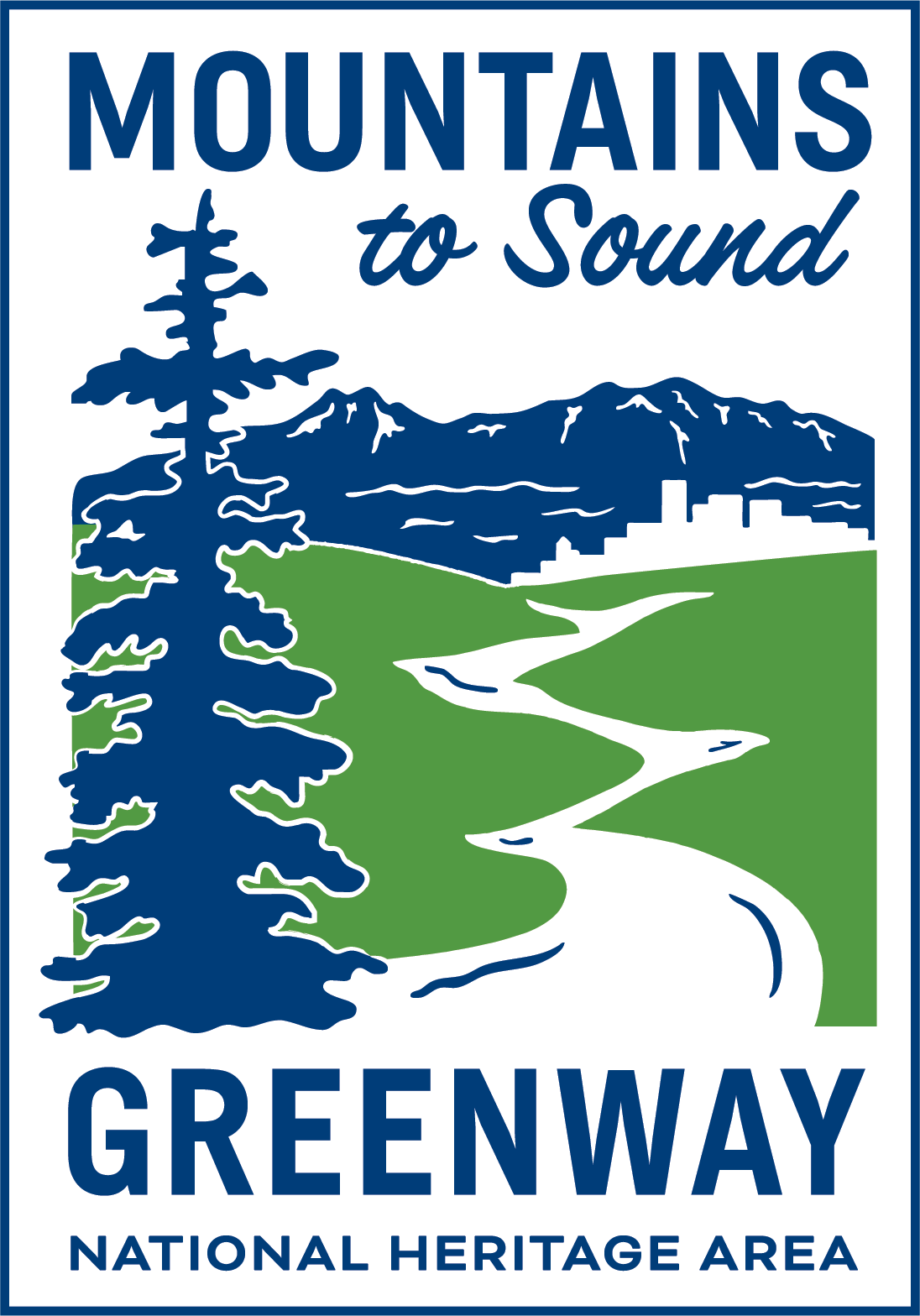Personal Risk Factors
The reality is that there are several personal factors that can influence your level of safety on a rafting trip. For example, if someone cannot swim, they are likely to spend more time in the water during a rescue, and thus increasing the level of risk.
Examples of personal health and ability factors that influence risk on whitewater:
The lack of ability to swim.
Heart failure or high blood pressure (risk of heart attack).
Cold intolerance.
Pre-existing injury such as a broken bone, torn muscle, or a sprain.
Unable to participate in the level of exertion required for your particular activity.
Being so afraid that you go into “fight, flight, freeze” stress response.
Lack of preparation including failure to watch safety videos.
Being under the influence of a substance such as alcohol or prescription drugs.
Being sick with the flu.
It is our commitment to ourselves and to our community to facilitate the relationship between the people of Western Washington, and their wonderful natural environment. Please contact us if you have any specific concerns or needs; we will happily accommodate you on one of our river trips if it is at all possible.
It is incredibly important to us that people with special needs, or limitations such as mobility restrictions, or health problems, are able to access the river if it can be done in a way that is consistent with our safety standards and guest participation requirements. Triad River Tours encourages anyone who may be concerned that they cannot meet these requirements, or potential with special needs or medical conditions that they would like to share, to contact us prior to booking your trip so that we can discuss what trip may be appropriate for your group, and if you proceed in booking, we can inform the guides on how to take special care during your trip to ensure that it is a safe and fun experience.
Here is what we do to help mitigate risks for those most vulnerable on our rafting trips:
We encourage people that are unable to meet the rigorous requirements discussed in our ability levels page to simply take a nice Nature & Wildlife Tour and forego the rigors of whitewater.
We have open dialogue with our guides before each trip, where notes from your booking regarding any limitations to mobility, or any serious medical conditions can be made known to the guides (confidentially from any guests on the trip).
We offer incentives, scholarships, and pay raises to guides who have advanced medical training, often hiring guides with EMT or Wilderness First Responder qualifications.
We have well practiced evacuation routes to ensure that we have the best chance possible of getting you off the river in case of an emergency.
Please note that there is only so much our guides can control. The best way to prevent a medical condition from becoming an issue on a river trip is to not go. Make sure to consult your doctor prior to going whitewater rafting if you are concerned.
